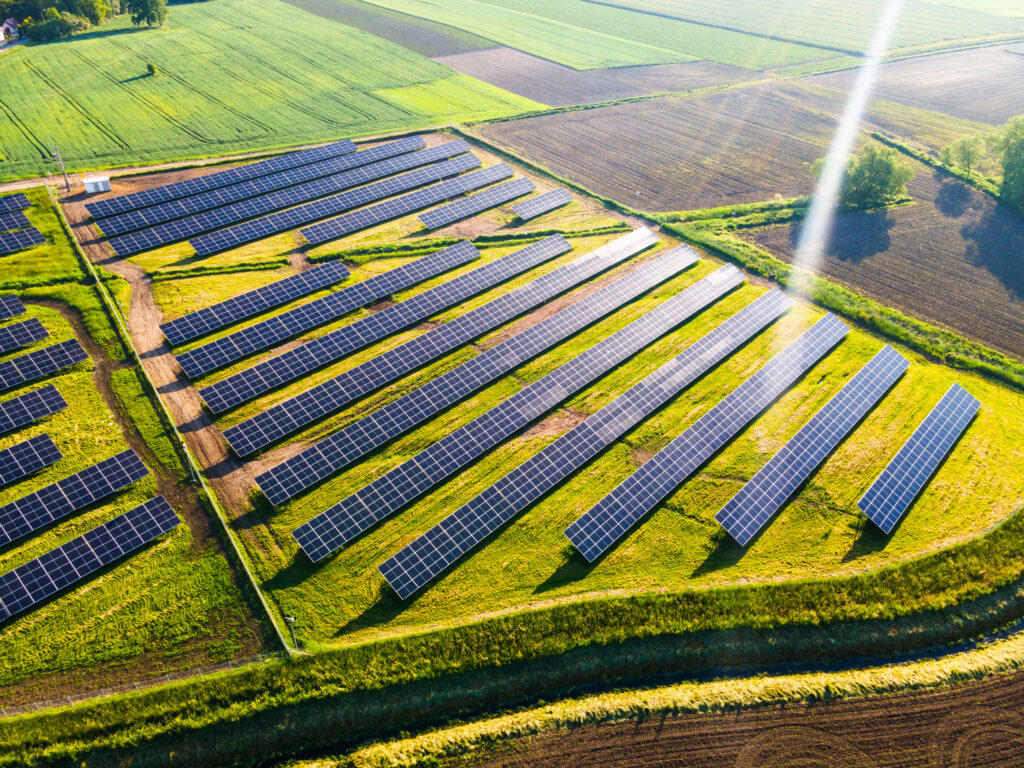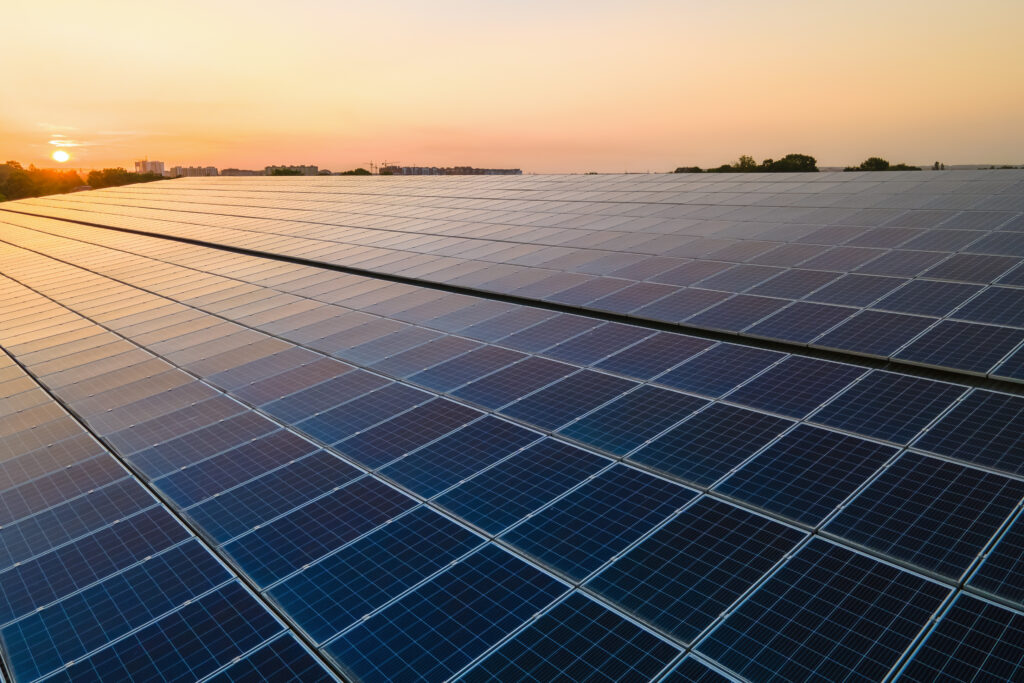UK Renewable Energy Surpasses 50% of Electricity Generation
– What this means for solar investments.
2024 marked a historic turning point for the UK’s energy landscape, with renewable energy sources generating more than half of the country’s electricity for the first time. According to newly released government statistics, renewables supplied 50.4% of total UK electricity, overtaking fossil fuels once again and setting multiple records along the way.

A Record-Breaking Year for Clean Energy
Data from the Digest of UK Energy Statistics (DUKES), published by the Department for Energy Security and Net Zero (DESNZ), shows that total renewable generation reached a new high of 143.7 terawatt hours (TWh) in 2024. That’s up from 135.8TWh in 2023—and far ahead of fossil fuel generation, which fell to just 90.5TWh.
The shift was driven largely by growth in offshore wind and solar capacity, helping clean sources expand their share of the energy mix while fossil fuels—primarily gas—continued their steady decline.
Solar and Nuclear Make Steady Contributions
Solar power also reached a new record, producing 5% of the UK’s electricity (14.4TWh), while nuclear power contributed 14.25% (40.6TWh). Together with renewables, these low-carbon sources accounted for 64.7% of the UK’s electricity in 2024—another all-time high.
What It Means for the UK’s Energy Future
These milestones mark significant progress toward the UK’s climate goals. As renewable technologies continue to grow in capacity and efficiency, and as fossil fuel use declines, the UK is on a clear path toward a cleaner, more sustainable energy future.
Commercial Solar Is Now a Core Energy Asset
This milestone is more than symbolic—it reflects a structural shift in how UK businesses are sourcing power. Solar is no longer a niche option; it’s a mainstream, strategic asset. Whether installed on rooftops, carports, or ground-mounted systems, solar is helping businesses reduce OPEX, stabilise long-term energy costs, and hit ESG targets.

Why Businesses Are Accelerating Solar Adoption
- Rising grid prices: With wholesale electricity volatility, on-site generation offers predictable returns.
- Sustainability compliance: Net-zero targets and carbon disclosure frameworks (e.g. SECR, TCFD) are now standard.
- Grid decarbonisation: As fossil fuels decline—down to 31.8% in 2024—solar is essential for both cost and compliance.
- Corporate reputation: Stakeholders and customers increasingly demand clean energy leadership.
If you’re exploring solar for your business, estate, or client portfolio, get in touch with our commercial team for a no-obligation consultation.
Learn more here:
The full data is available in the Digest of UK Energy Statistics (DUKES) – GOV.UK published by the Department for Energy Security and Net Zero.

